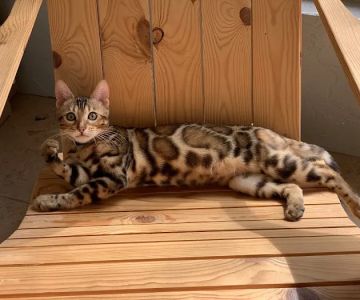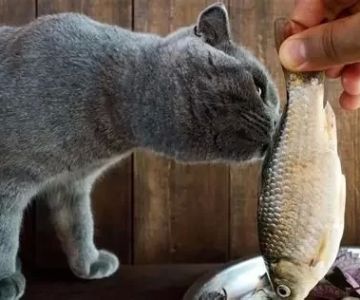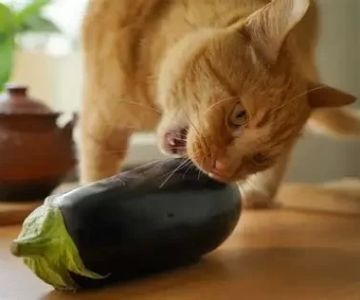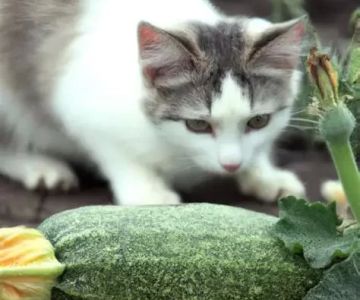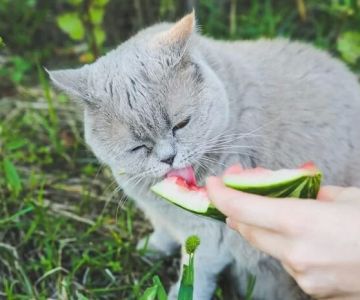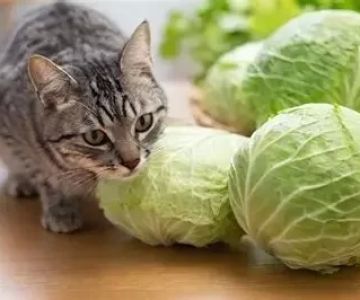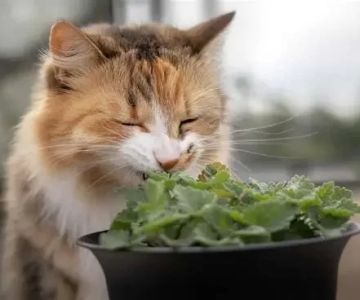- Understanding Parsley and Its Nutrients
- Can Cats Eat Parsley in Small Amounts
- Potential Benefits of Parsley for Cats
- Possible Risks and Precautions
- Real-Life Experiences with Cats and Parsley
- Safe Ways to Give Parsley to Your Cat
Understanding Parsley and Its Nutrients
Parsley is a common herb found in many kitchens across America, often used to garnish dishes or add a burst of freshness. Rich in vitamins A, C, and K, as well as antioxidants and fiber, parsley has earned a reputation as a “super herb” for humans. But when it comes to cats, things are not quite as simple. Felines have unique nutritional needs, and not all human foods are suitable for them. So, the question arises—can cats safely enjoy parsley in small amounts?
At Hidden Brook Veterinary, pet owners often ask about natural herbs or supplements to enhance their cats’ health. Parsley, being easy to find and seemingly harmless, tends to come up frequently in these discussions. While parsley can be safe for cats in moderation, understanding its effects and limitations is key to ensuring your feline’s wellbeing.
Can Cats Eat Parsley in Small Amounts
The short answer is yes—cats can eat parsley in small amounts, as long as it’s given in moderation and under the right circumstances. Parsley is not toxic to cats according to the ASPCA, but it should always be introduced cautiously. The key phrase here is “small amounts.” Overfeeding parsley or giving it regularly could lead to issues, especially in cats with kidney or urinary problems.
For example, curly parsley (the most common type found in stores) is generally considered safe, while spring parsley or “fool’s parsley” can be toxic. Always make sure you’re using fresh, culinary-grade parsley and not any wild variety. A few small chopped leaves mixed into food once in a while is typically harmless, and many cats even seem to enjoy the mild, grassy flavor.
Potential Benefits of Parsley for Cats
1. A Natural Source of Vitamins
Parsley contains essential nutrients that can support a cat’s immune system and overall health. Vitamins A and C can help boost immunity, while vitamin K supports blood and bone health. However, these vitamins should not replace a complete feline diet—parsley should only serve as a light supplement or occasional treat.
2. Digestive Support
Some cat owners use parsley as a natural breath freshener or digestive aid. The herb’s mild diuretic properties can help with urinary health by promoting hydration and flushing toxins. However, this effect can become too strong if overused, so moderation remains key.
3. Antioxidant Properties
Parsley’s antioxidants can help neutralize free radicals, potentially reducing inflammation and supporting long-term health. While the effect in cats is not as significant as in humans, occasional inclusion of parsley may contribute a small nutritional boost to your pet’s diet.
Possible Risks and Precautions
1. Overconsumption Concerns
Although parsley can offer minor benefits, too much of it can be harmful. The herb contains compounds called furanocoumarins, which in large doses may cause photosensitivity (sensitivity to sunlight) in some cats. Cats with pre-existing liver or kidney conditions are particularly vulnerable to such side effects.
2. Allergic Reactions or Digestive Upset
Some cats may be allergic to parsley or sensitive to its components. If your cat shows signs like vomiting, diarrhea, or unusual behavior after eating parsley, stop immediately and contact your veterinarian. Introducing any new food, even herbs, should always be done slowly.
3. Avoid Essential Oils or Concentrated Extracts
Never give your cat parsley essential oil or concentrated supplements. These can be far too potent and dangerous for feline digestion. Stick to small amounts of fresh or dried parsley only.
Real-Life Experiences with Cats and Parsley
1. A Cat Owner’s Story
Consider the story of Emily, a cat owner from Ohio, who noticed her cat Max occasionally nibbling on parsley leaves from her kitchen windowsill. Concerned, she asked her vet at Hidden Brook Veterinary whether this was safe. The vet explained that a small nibble was harmless and could even provide a bit of fiber. However, they advised keeping parsley consumption minimal and watching for any changes in behavior or digestion.
2. Common Patterns Among Cat Owners
Many cat owners report that their pets occasionally show curiosity toward herbs like parsley, catnip, or basil. While parsley doesn’t trigger the euphoric effect that catnip does, its fresh scent can attract cats’ attention. This curiosity is usually harmless, but it’s always best to stay cautious—especially if you grow herbs indoors where cats have easy access.
Safe Ways to Give Parsley to Your Cat
1. Occasional Garnish
If you want to offer your cat parsley, chop a small leaf and mix it into their food once in a while. This keeps the portion safe and adds a light burst of freshness. You can also sprinkle a tiny bit on top of wet food for a nutritional touch.
2. Homemade Cat Treat Add-In
Some cat owners add a small pinch of parsley to homemade cat treats for flavor. Just remember to bake or prepare treats safely, using cat-friendly ingredients only. Avoid garlic, onions, or salt, as they can be toxic to cats.
3. Always Observe and Adjust
Every cat is unique—what’s fine for one may not suit another. Watch your cat’s response and consult your vet if you’re unsure. The best approach to herbs like parsley is occasional, cautious use rather than regular inclusion in meals.
Ultimately, parsley in small amounts can be a safe and refreshing addition to your cat’s diet when used wisely. If you’re looking for expert veterinary advice or guidance on feline nutrition, visit Hidden Brook Veterinary for professional support and tailored care solutions.


